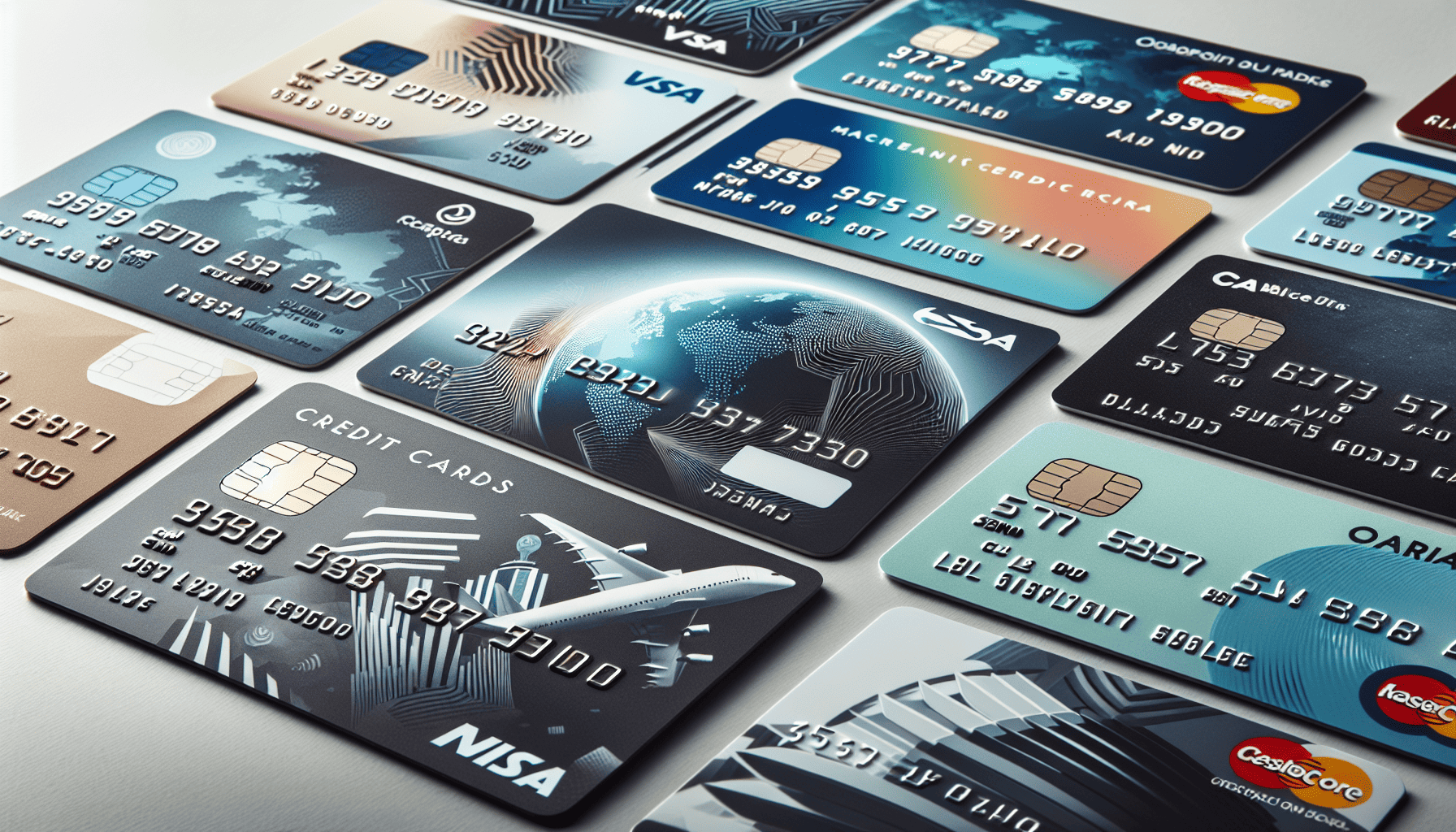Credit cards are a ubiquitous financial tool, often bridging the gap between consumers' purchasing power and their financial aspirations. Understanding how they work, their various types, and how to manage them wisely is crucial for anyone looking to tap into their potential benefits without falling into common pitfalls.
Understanding Credit Cards
At their core, credit cards are a form of borrowing. They provide a line of credit up to a specified limit that consumers can use to make purchases or withdraw cash. At the end of a billing cycle, cardholders are expected to repay the borrowed amount, in full or part, along with any applicable interest charges on outstanding balances.
Types of Credit Cards
Recognizing the diverse needs of consumers, financial institutions have developed a broad spectrum of credit card types, each offering unique features and benefits:
-
Rewards Credit Cards: These cards are popular for offering points, miles, or cashback based on spending. Designed for frequent spenders, they provide incentives in categories like travel, dining, or groceries, allowing users to earn while they spend.
-
Balance Transfer Credit Cards: These cards allow consumers to transfer existing high-interest debt onto a card with a lower interest rate, often as part of a promotional period. They are ideal for those looking to consolidate debt and save on interest charges.
-
Secured Credit Cards: Geared towards individuals with limited or poor credit history, secured cards require an upfront deposit, which serves as collateral. They are an effective way for users to build or rebuild their credit score responsibly.
-
Student Credit Cards: Specifically designed for college students, these cards offer perks like cashback on school supplies and may have lenient approval requirements, often serving as an introductory tool to financial independence for young adults.
-
Business Credit Cards: Tailored for business expenses, these cards often provide specialized rewards and benefits like higher credit limits, expense tracking features, and rewards for business-related purchases.
Benefits of Credit Cards
The advantages of using credit cards extend beyond mere convenience:
-
Financial Flexibility: Credit cards offer immediate access to funds, enabling users to manage unforeseen expenses without dipping into emergency savings.
-
Building Credit History: Regular use of credit cards coupled with timely payments contribute positively to a user’s credit score, an essential factor in obtaining favorable loan terms.
-
Fraud Protection: Credit cards provide robust security features, including zero-liability policies for unauthorized transactions, safeguarding consumers against fraud.
-
Perks and Privileges: Many credit cards offer complementary benefits, such as travel insurance, purchase protection, and extended warranties, enhancing the overall value proposition.
Managing Credit Wisely
While credit cards afford numerous advantages, managing them prudently is key to avoiding debt traps:
-
Understand Interest Rates: Familiarize yourself with the interest rates, particularly the Annual Percentage Rate (APR), as it impacts the cost of carrying a balance.
-
Pay on Time: Missed payments can lead to late fees, increased interest rates, and damage to credit scores. Setting up automatic payments or reminders can help avoid such pitfall.
-
Spend Within Limits: To maintain a healthy credit utilization ratio, which is vital for credit scoring, it's advisable to keep spending below 30% of your credit limit.
-
Review Statements Regularly: Monitoring monthly statements helps keep track of spending habits and detect any unauthorized charges promptly.
-
Avoid Making Minimum Payments: While paying the minimum may seem convenient, it leads to prolonged debt repayment cycles and higher interest charges. Paying in full each month is ideal.
Credit cards, when used responsibly, are powerful tools that can augment financial wellness, offering rewards and opportunities that enhance the consumer experience. However, prudent management and a clear understanding of their mechanics are essential to maximizing benefits while mitigating risks. By staying informed and vigilant, consumers can harness the full potential of credit cards to support their financial goals and aspirations.
